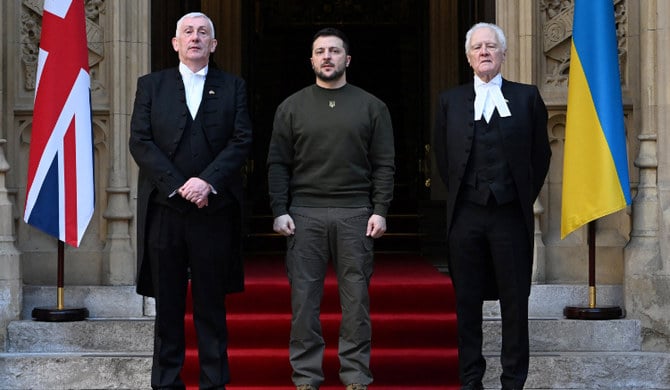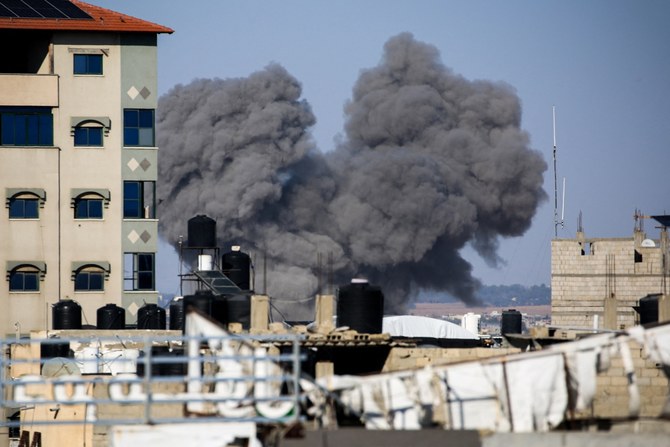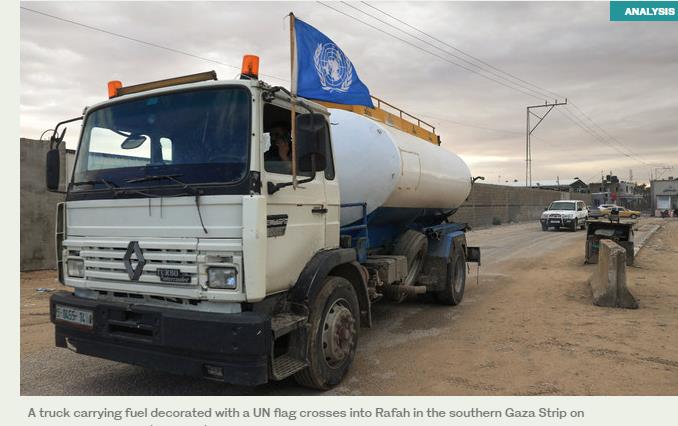
Day by day, it becomes evident that President Bashar Assad’s regime is regaining control over most of Syria after more than seven years of bloody war replete with suffering and war crimes inflicted mainly, though far from exclusively, by his security forces.
In mid-July, forces loyal to Assad launched a military campaign to regain one of the country’s last rebel-held areas: Daraa province in the south, which was the center of the early days of the Syrian uprising in March 2011.
But Syria seven years later is not the same country, regardless of whether the regime stays in power. The International Monetary Fund (IMF) has put the cost of rebuilding Syria at $200 billion, but even if a political solution is found for the country that would permit reconstruction, this is not likely to happen in the foreseeable future.
The people of Daraa suffered from the regime’s brutality when they rose up against Damascus, and their fate does not seem any more promising this time around. According to the UN, the current round of aggression has led to many dozens of deaths — including women and children, — indiscriminate attacks on health facilities and schools, widespread destruction of civil defense centers and offices of local NGOs, and an estimated 271,800 displaced people as of the beginning of this week.
Many of the displaced were moving mostly toward the Jordanian border, but also to the Israeli-occupied Golan Heights and existing refugee camps, and some to new tent compounds that Israel and Jordan helped build. Thus far, and for their own reasons, neither of these two countries is ready to allow Syrians fleeing the fighting in Daraa and Quneitra governorate to claim asylum, or to protect them.
Israeli Prime Minister Benjamin Netanyahu said during his last weekly Cabinet meeting that his country will offer as much aid as it can to Syrian refugees near its border in the southern Golan Heights, but will not grant them entry. It was revealed that the Israeli Defense Forces (IDF) has transferred large quantities of humanitarian assistance to those refugees, including foodstuffs, medication, tents and clothing.
The International Monetary Fund (IMF) has put the cost of rebuilding Syria at $200 billion, but even if a political solution is found for the country that would permit reconstruction, this is not likely to happen in the foreseeable future.
Yossi Mekelberg
However, the refugee issue is only one of a number of concerns for both Jordan and Israel as Damascus threatens to recapture those border regions. In a rare public summit between Netanyahu and Jordan’s King Abdullah, one of the main topics of discussion was the new conditions emerging along both countries’ frontiers with Syria.
A refugee influx is a major concern for Jordan and Israel, but their leaders showed equal concern at the prospect of a return of Syrian regime forces to their borders. Netanyahu and King Abdullah will strongly oppose this if it means that those forces will bring with them their Iranian allies and Tehran-backed militias. That Iran and Hezbollah might establish permanent positions on their borders is a nightmare scenario for both Jordan and Israel.
For Israel, the prospect of a return of Assad’s forces to its border is being received with mixed feelings. Both Assad himself and his regime are morally bankrupt and have no legitimacy to govern, and they seem to come as part of a package deal with Iran.
But under the current circumstances, the best option is to restore the arrangements of the cease-fire brokered by the US at the end of the 1973 Yom Kippur War, which ensured that the Syrian border remained one of Israel’s quietest fronts. Keeping future Syrian control of the border free from any Iranian presence is Israel’s main objective.
In general, Israel has been happy to steer clear of the war in Syria, acknowledging that it has little to gain by any direct intervention aimed at influencing its outcome. But in recent months it has been gradually sucked into the conflict, mainly to contain Iran’s influence and that of its Lebanese client Hezbollah.
Air raids on Iranian and Hezbollah targets, as well as clandestine operations, have become more frequent, and have even brought fears that Iran might retaliate against Israeli targets beyond the region. Despite not expecting any fighting close to its border on the Golan Heights, Israel is taking no chances. It was reported that its army has reinforced troops in that area, deploying more armored and artillery corps.
In addition to its military operations and preparedness, Israel is addressing this threat through diplomatic engagement with Russia, the US and regional powers. Russia’s main aim is to keep Assad in power. Nevertheless, this does not imply automatically that Moscow is content with, or would allow, growing Iranian influence in Syria.
On the contrary, the Kremlin has little interest in Tehran retaining influence in Syria more than is necessary to defeat Assad’s enemies. Moscow would be keen to see a much-reduced Iranian presence in Syria, but it also takes the realistic view that removing it completely and immediately might be unfeasible.
Israel is coordinating with both the US and Russia, and its Chief of Staff Lt. Gen. Gadi Eizenkot visited Washington last week for what appeared to be urgent meetings regarding developments on its northeastern border. He met with his US counterpart Gen. Joseph Dunford, chairman of the Joint Chiefs of Staff, reflecting both countries’ deep concerns about the proximity of Iranian and Hezbollah forces to the Israeli and Jordanian borders.
In their wish to contain Iran and Hezbollah in both Syria and Lebanon, and to prevent a refugee crisis on their borders, Israel and Jordan are caught up in the bigger picture of the conflict in Syria and the involvement of major international and regional powers.
Reducing the probability of direct confrontation between Israel and Iran or Hezbollah would require that any cease-fire agreement in Syria include a withdrawal of Shiite forces from the border with Israel. Any other option is a recipe for further tension, friction and possible full-scale war, with disastrous consequences for the whole region.
Yossi Mekelberg is professor of international relations at Regent’s University London, where he is head of the International Relations and Social Sciences Program. He is also an associate fellow of the MENA Program at Chatham House. He is a regular contributor to the international written and electronic media. Twitter: @YMekelberg
Disclaimer: Views expressed by writers in this section are their own and do not necessarily reflect Arab News" point-of-view












